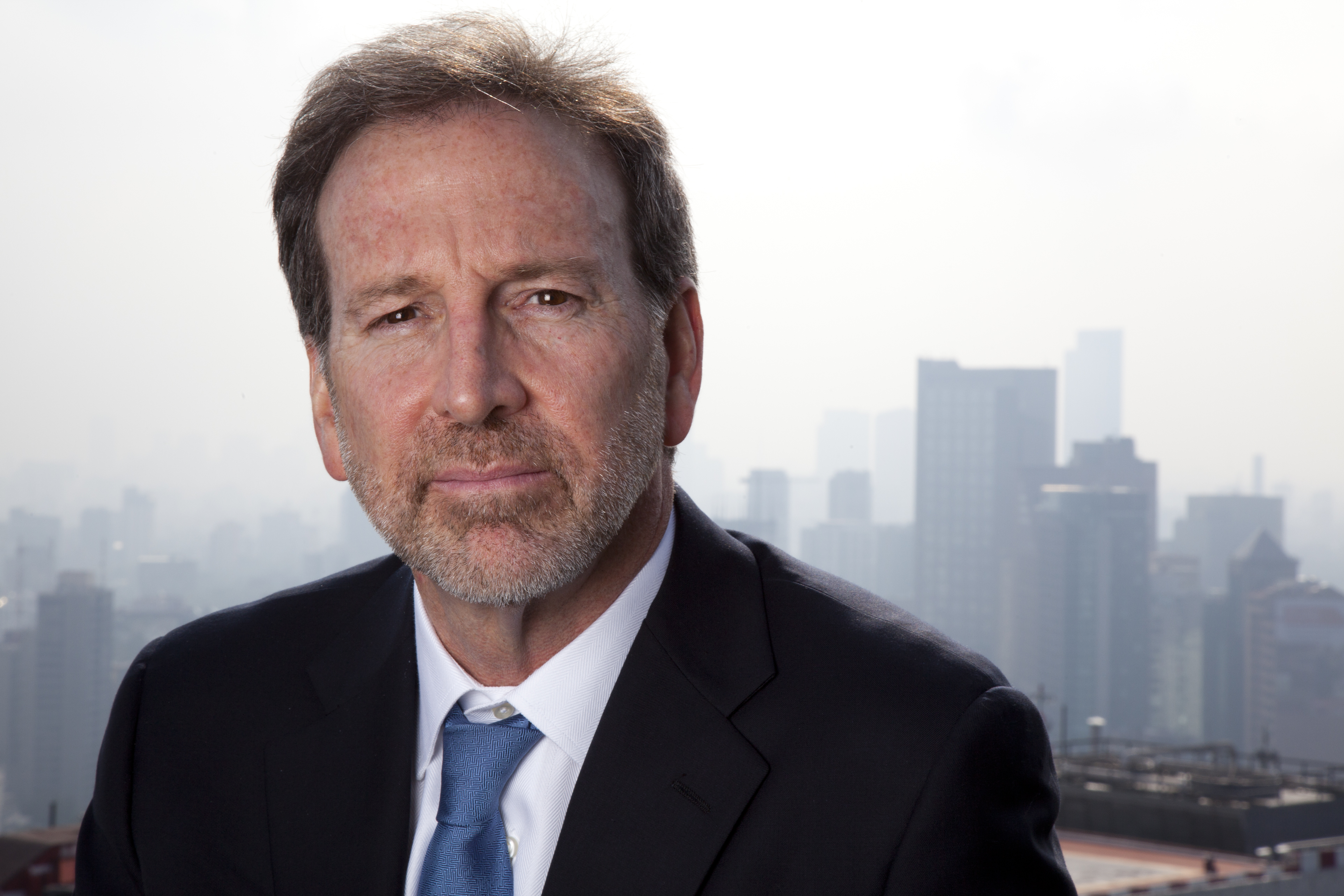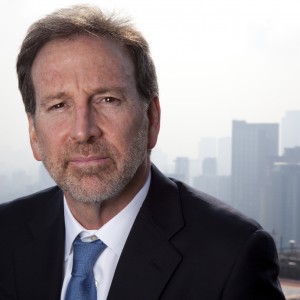By Antonio Garza
Former U.S. Ambassador to Mexico
We are nearly a month into 2016 and it’s already clear that we’ve inherited much of 2015’s tumult and uncertainty.
Over the past twelve months, conflicts destabilized regions, the global economy threatened stagnation, and voters went to the ballot box to shake up entrenched paradigms. In each of these trends, Latin America was no exception. In 2016, the outcomes from these events will become apparent, with leaders grappling to resolve conflicts both new and old and to reorient their countries’ economies under new realities.
The past year’s news has been filled with horrific stories: Syria’s bloody conflict, terrorist attacks from California to Paris to Beirut, and Ukraine’s grinding crisis against Russian backed separatists. Closer to home, we hear about the gang and drug violence that has transformed Honduras, El Salvador, and Venezuela into some of the world’s most dangerous places. However, it’s not all bad. There are some bright spots with Guatemala and Colombia’s homicide rates continuing to improve. Similarly, Colombia’s peace agreement with the FARC is set to wrap up in March, ending the hemisphere’s longest running insurgency.
The global economic slowdown is a drag on all of these situations. The end of Latin America’s commodity super-cycle and the collapse in oil prices (with a barrel of oil dropping below $30 in January) is wreaking havoc.
For markets, these low prices are driving volatility and an estimated $400 billion in investment cuts or delays for oil and gas companies. Similarly, for countries that relied heavily on the high commodity prices for revenue inflows, such as Venezuela, Brazil, and Argentina, the loss in income is crippling.
Yet the increasing pressure is also helping to shake up stale political dynamics. When combined with disgust over corruption and weak rule of law, Latin American voters have taken steps that diverge radically from the past.
Impeachment proceedings are underway for Brazilian President Dilma Rousseff, Guatemalans arrested asitting president on corruption charges, Argentineans broke from the Kirchner legacy and elected President Mauricio Macri, and Venezuelan voters punished Chavismo by ushering in a majority of opposition legislators.
In Mexico, these economic and political forces are also present, but the big issue remains the country’s rule of law. In an op-ed last March, I argued that 2015 should be the year of Mexico’s rule of law, but there has been little progress to date.
There are still no traces of the 43 Ayotzinapa students who went missing in September 2014, corruption and conflict of interest allegations continue to dog the Peña Nieto administration, and Joaquin “El Chapo” Guzmán, the head of Mexico’s Sinaloa Cartel, rode a motorcycle out of the country’s most secure prison this past summer before proceeding to host actors Sean Penn and Kate del Castillo for tacos in his Mexican hideout.
Nevertheless, we shouldn’t give up hope just yet.
Mexico is already starting off the year on a better foot. El Chapo is once again behind bars and now facing extradition to the United States. On the country’s energy front, the latest oil and gas tender was not only transparent, but also highly successful, with a 100 percent success rate for placing the 25 fields.
Meanwhile, the country’s overall economy is picking up with the United States’ recovery, and is expected to grow steadily at 2.6 percent for 2016 and by over 3 percent in the following years. However, it’s worth restating that without progress on strengthening Mexico’s rule of law, these successes are taking place on shaky ground.
In the United States, this year’s big news story will be the November presidential election. With this backdrop, discussions on Latin America’s developments are likely to be overshadowed by U.S. domestic and national security issues — though some hot-button topics such as our diplomatic opening with Cuba and the migration of unaccompanied children from Central America could pop up from time to time.
But just because regional issues aren’t debate headlines doesn’t mean they aren’t important and engaging with Latin America and will remain critical for both current officials and whoever wins the presidency.
Every new year brings the expected and unexpected, validating some predictions while simultaneously proving how imprecise our forecasts can be. However, with Latin America’s policymakers grappling with both new and old problems in front of an electorate that is constantly demanding more from its leaders, I think it is safe to say that it’s going to be an interesting year.
Mr. Garza served seven years as the U.S. Ambassador to Mexico (2002-09), and is acknowledged as one of the top experts on U.S.-Mexico relations. He previously held statewide elected office in the U.S. serving as chairman of the Texas Railroad Commission, the lead regulator for the Texas energy sector, and earlier in his career served as Texas’ 99th Secretary of State where he was tasked with serving as the state’s lead liaison on border and Mexico policy. The Ambassador began his public service along the U.S./Mexico border as Cameron County Judge. He is a lawyer and currently serves as counsel in the Mexico City office of White and Case LLP.








